ROME (CNS) — Sent by his religious order to Hong Kong to share the Gospel in Asia, one Catholic priest’s missionary work is raising hell — but not with the Chinese Communist Party.
“Not a Hope in Hell” is Dominican Father James Dominic Rooney’s 2025 book-length defense of eternal damnation — a Catholic doctrine he says is increasingly debated in academic circles, and one he’s frequently invited to speak on across Asia.
“Just a couple days ago I was in Singapore to discuss hell,” he told Catholic News Service June 3, adding that he receives several hell-related invitations each month, ranging from in-person talks across Asia to podcast interviews and article contributions.
People in Asia “think it’s a fascinating discussion,” he said, noting that atheists in particular are intrigued by the challenge of reconciling hell with Christian teachings on God’s love and mercy.
As one of Christianity’s most vividly imagined teachings — portrayed in foreboding scenes from Michelangelo’s fresco “The Last Judgment” to John Milton’s poem “Paradise Lost” — hell, Father Rooney said, remains a subject of both perennial and pressing debate.
“I have a few jihads that I’m on, and this is one of them,” he said.
He is not alone in seeing the doctrine of hell as under siege today. In March, Msgr. Charles Pope released his own book on the subject — also with a tongue-in-cheek title: “The Hell There Is: An Exploration of an Often-Rejected Doctrine of the Church.”
“Only 17% of Catholics go to Mass now in (the United States), and so we’ve got to recover some sense of urgency, which is lacking today,” Msgr. Pope told CNS, explaining his motive for writing the book.
Msgr. Pope, a popular lecturer and pastor of Holy Comforter-St. Cyprian Catholic Church in Washington, was interviewed on EWTN in April and expressed his regret over a comment made by Pope Francis in 2024: “This isn’t dogma, just my thought: I like to think of hell as being empty. I hope it is.”
The comment, made on Italian television, was met with applause. A CNS social media post sharing the late pope’s words has been viewed more than 42 million times.
“I think that it’s unfortunate,” Msgr. Pope said. “Even when they are clear, they are just expressing an opinion. I think popes need to be very careful about what they say, because it carries authority whether they want to admit it or not.”
While the Catechism of the Catholic Church affirms the existence of hell and refers to it as an “eternal fire” of everlasting punishment, some Catholic theologians are renewing interest in a minority view held by certain early Church Fathers: that, in the end, all will be saved and reunited with God — a universalism they argue is more consistent with faith in an all-loving, all-powerful God.
For example, patristics scholar Ilaria Ramelli, in her 900-page work “The Christian Doctrine of Apokatastasis” (from the Greek word for “restoration”), argues that saints such as Gregory of Nyssa, Isaac the Syrian and Maximus the Confessor were convinced that all people ultimately would be saved.
This view is often described as “confident” or “hard” universalism, distinguishing it from the position of figures like Swiss Father Hans Urs von Balthasar and, more recently, Bishop Robert Barron, who argue that one may hope — but cannot know — that all will be saved.
Jordan Daniel Wood, a theologian at Belmont University in Nashville, defended hard universalism in a livestreamed debate at The Catholic University of America in 2024.
Then, in a February 2025 lecture to students and seminarians at Mount St. Mary’s University — the oldest Catholic seminary in the United States — he argued that the principles of doctrinal development could allow for a radical revision of hell, making it temporary and its punishments remedial.
Critics say that making hell temporary would lessen the gravity of human freedom, threaten the missionary impulse, and contradict Christ’s teaching on judgment, but Wood demurs.
“I think it could do nothing but good for the church to come to a clarity, to hold out the Gospel and put its money where its mouth is, so to speak, and say: ‘The only reason why we preach the Gospel to you is because we really believe it will fulfill you and satisfy you in a way nothing else can,'” Wood said.
“There’s no shadow of hell whose gravity God himself might not be able to compete with,” he said.
Wood is writing a book defending universalism with theologian Roberto De La Noval of Boston College.
“We really want to engage in a good faith dialogue with those who really also want to make the best sense of the tradition that we can, and ask about where it might be going,” De La Noval said.
De La Noval and Wood say the current iteration of the debate began with the 2019 publication of Eastern Orthodox theologian David Bentley Hart’s “That All Shall Be Saved: Heaven, Hell, and Universal Salvation,” which made a case for universalism.
“Part of the reason it was a watershed was it was able to put into words what a lot of people had felt about their experience of growing up with the doctrine of hell,” De La Noval said.
“What David Hart’s book was able to do was to crystallize a lot of those felt tensions and give them a logical exposition, a scriptural exposition, and a philosophical and theological exposition,” he said.
For his part, Hart said he thinks the debate will go on for some time.
“Right now, the debate has picked up,” Hart said. “I like to think that my book, slim though it was, added some dialectical tools to the kit.”

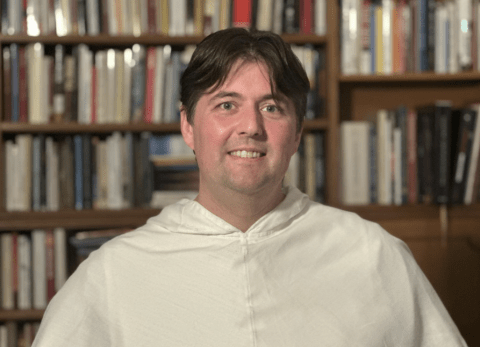
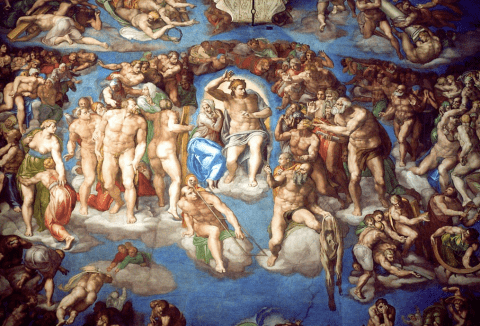
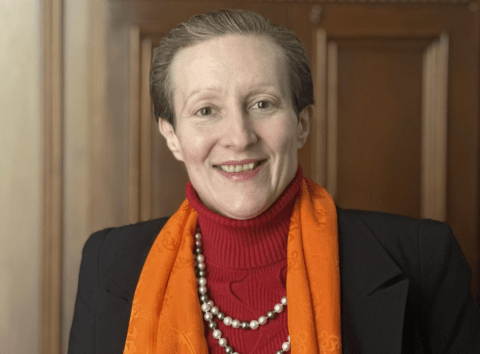
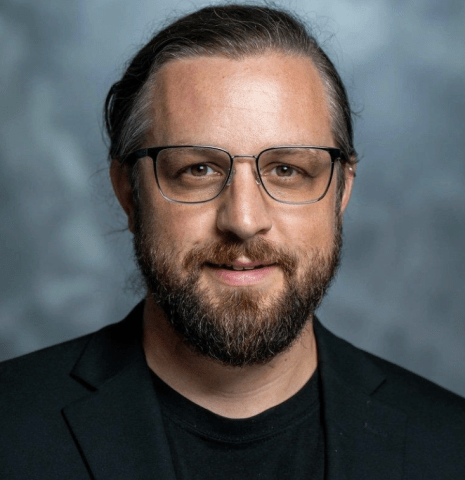
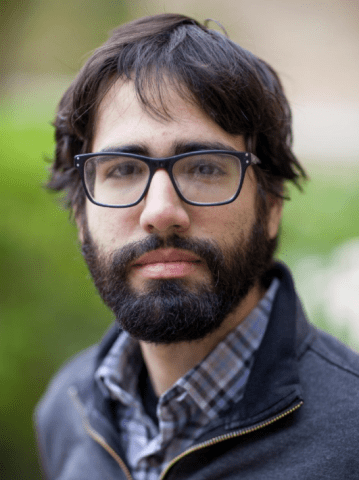
Leave a Reply
You must be logged in to post a comment.